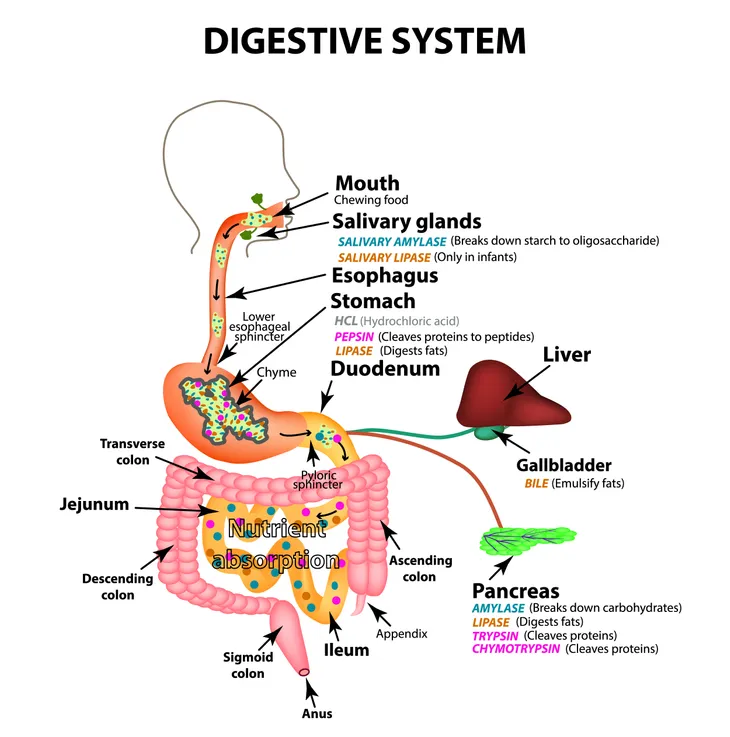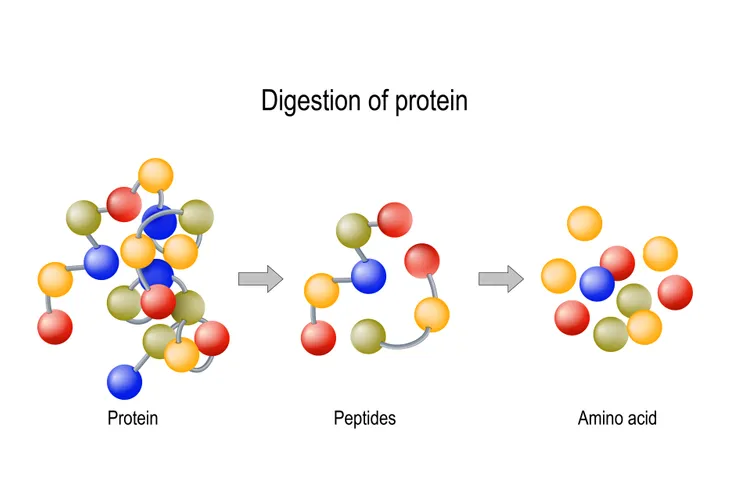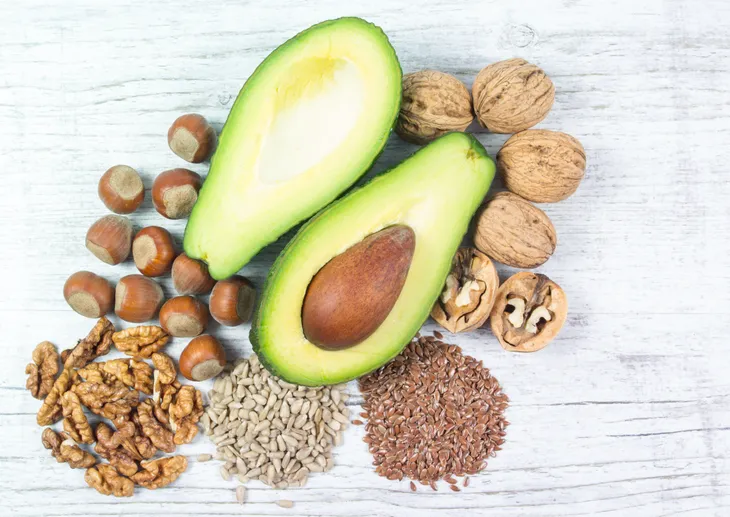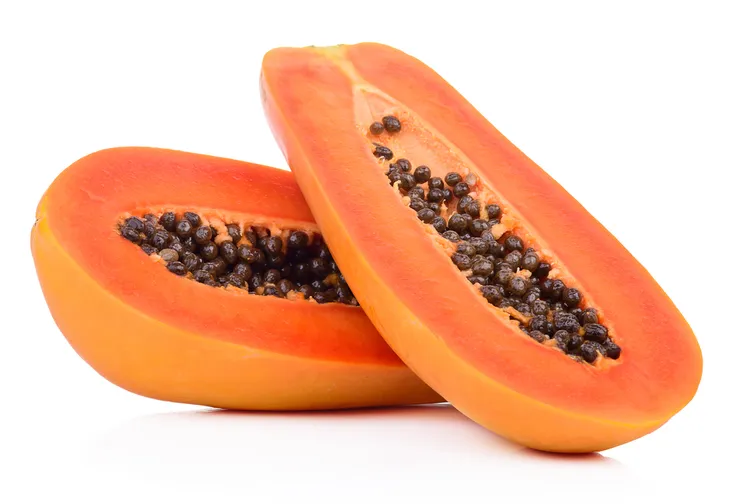Digestion is one of the most important functions of the human body. It’s how we take the food around us and break it down into the nutrients that sustain us throughout the day and night. Unsurprisingly, when even a small problem is introduced to the digestive process, it can have a drastically negative impact on overall health and well-being.
In a healthy digestive system, enzymes play a crucial role in helping to break down and absorb nutrients provided by the foods we eat. However, few people understand how these enzymes work and how they vary. We explore some important facts about digestive enzymes and how to maintain healthy digestion.
Enzymes Keep You Going
Most people understand that food is the fuel that gives us energy, helping us perform various physical and mental activities each day. But not as many people understand just how important digestive enzymes are in this critical process.
Take, for example, what happens if digestive enzyme production and activity is inadequate. In these cases, the side effects can include gas, bloating, fatigue, and general discomfort. All together, these activities could make performing simple daily activities, like going to work, incredibly difficult.
Amylase Breaks Down Carbs
Amylase is, arguably, the most important of the major categories of digestive enzymes. That’s because it’s responsible for breaking down carbohydrates, which can be found in many of our favorite foods, from bread to cereal and pasta.
You’ll find amylase active in the pancreas and intestines, but it’s also present in human saliva. What this means is that the process of breaking down carbohydrates through amylase begins as soon as the food enters your mouth and doesn’t completely end until your food has nearly cleared your entire digestive system. It’s yet another reason to chew your food carefully—especially when it comes to carbs!
Protease Breaks Down Protein
Whether you’re a vegan, vegetarian, or avid carnivore, there’s a good chance you depend on protease, which helps break down all types of protein. That includes protein in meats—like poultry, pork, beef and fish—or legumes and vegetables.
Without protease, our bodies face serious challenges digesting protein and this can lead to serious health problems. Even in cases where protease dysfunction is less significant, problems can arise because protein is such an important part of maintaining the many muscles present throughout our bodies.
Lipase Breaks Down Fat
Fat gets a bad rap, but that’s not entirely fair. Fat, which is present in many very healthy foods (like salmon, avocado, and nuts), plays an important role in helping us feel full and energetic enough to get through the day. In fact, completely removing fat from the diet can leave us feeling listless and depressed.
Lipase is the digestive enzyme responsible for properly digesting fat. It can be found in various parts of the body, from the stomach to the pancreas, but it’s also present in many foods, including eggs, coconut, milk, avocado and cheese.
Papain Helps Break Down Animal Proteins
While protease plays an important role in breaking down all types of protein, papain can help with animal protein specifically. It can be found in many meat tenderizers and, as the name suggests, the papaya fruit. It can also be purchased in supplement form.
Insufficient papain can be problematic, resulting in serious indigestion and gas. That’s why some health experts recommend people with digestive problems try getting more papain, often through supplements.
Bromelain Fights Inflammation
Inflammation is a significant problem for many people and can be the source of serious discomfort when it directly affects parts of the human digestive system. That’s why some health experts suggest the extended use of bromelain, a powerful digestive enzyme that’s naturally found in pineapple.
Because inflammation is the cause of so many health problems, bromelain can be helpful for people with a wide range of issues, from arthritis to a stuffy nose. Additionally, because it’s so helpful in bringing down inflammation, bromelain is often prescribed (usually in supplement form) to people recovering from surgery.









